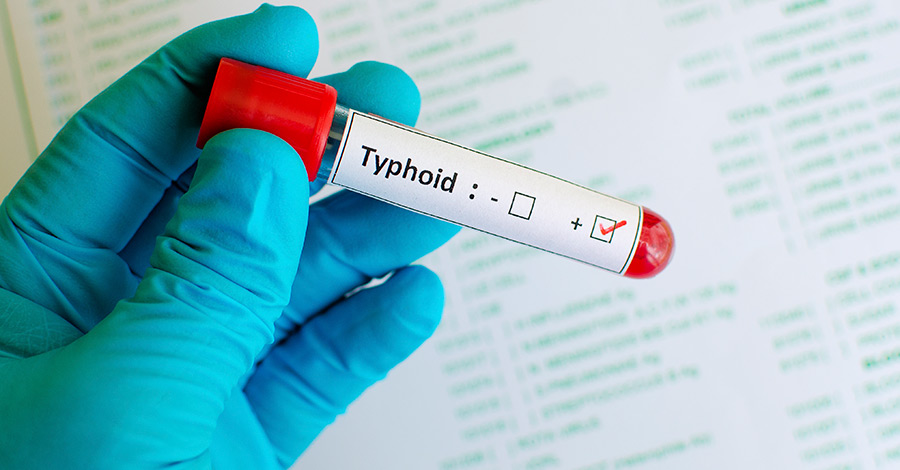What’s the Difference Between Typhoid and Typhus?
What’s the Difference Between Typhoid and Typhus?

What is Typhoid?
Typhoid is a foodborne illness that infects an estimated 21 million people each year. Transmission is often through contaminated food or water, and symptoms develop within three weeks. Symptoms are usually mild but can be serious. More than 200,000 people die from typhoid every year.There is a typhoid vaccine that is recommended for most travelers visiting undeveloped nations. To find out more about the vaccine, see our typhoid page, or contact your local Passport Health travel clinic.
What is Typhus?
Typhus is a flea-borne disease that affects thousands of people every year. It is often found in the colder mountainous regions of Africa, South America and Asia. Like typhoid, it most commonly occurs in areas where overcrowding and poor hygiene are common.The World Health Organization does not have a vaccine against typhus in its registry. However, the WHO does note the risk is low for travelers. Humanitarian relief workers, though, may be susceptible to the illness.
What makes typhoid and typhus different?
Despite having fairly similar names, typhoid and typhus have little in common. One major similarity, and why many have thought them to be the same disease for so long, is the symptoms:- Typhus: Abdominal pain, rash, high fever, cough, headache, joint and muscle pain, nausea, chills, confusion and low blood pressure
- Typhoid: Abdominal tenderness, agitation, bloody stool, chills, confusion, delirium, hallucinations, nose bleeds and fatigue.
Infection vector, treatment and prevention, however, could not be more different:
- Vector: Typhoid infection is food borne; typhus infection is flea-borne
- Treatment: Typhoid treatment involves fluids and electrolytes as well as low-grade antibiotics. Typhus treatment requires specific antibiotics and may need intravenous fluids or oxygen.
- Prevention: Typhoid is preventable through vaccination and avoiding contaminated food and water sources. Typhus prevention is more difficult, requiring repellents and insecticides. Maintaining proper hygiene is a must for preventing both diseases.
Passport Health is uniquely suited to answer all your travel health questions. If you are traveling to a region with typhoid or are worried about either disease, contact the Passport Health clinic nearest you.
Have you had an experience with typhoid or typhus? Do you have any questions about this article? Let us know on Facebook, Twitter or in the comments section below.
Comments